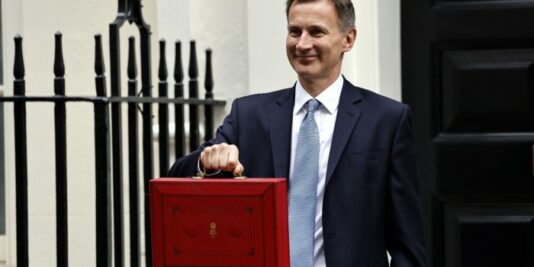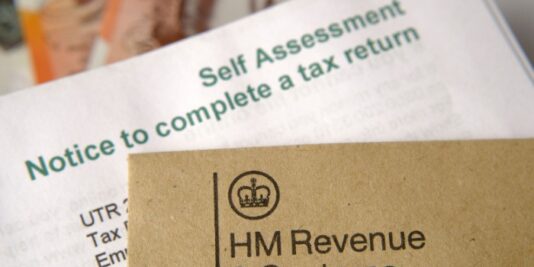Do you have an unclaimed Child Trust Fund?
A recent investigation into Child Trust Funds by the National Audit Office (NAO) revealed that almost £400 million is languishing across hundreds of thousands of unclaimed accounts, with many children unaware that they could have several hundred pounds waiting for them.
Child Trust Funds were set up by the Labour government under Gordon Brown, creating savings accounts for more than 6 million children who were born between September 2002–January 2011. The government paid around £2 billion into these accounts in free cash vouchers of up to £250, or £500 for low-income families, so each account will have at least this amount in it.
With Child Trust Funds being locked until the child’s eighteenth birthday, and no new accounts being opened since the scheme was scrapped over a decade ago, many parents will have forgotten about them – or may have never been aware that their child has one.
However, the money is still out there and can still be claimed – if you were born between 1st September 2002 and 2nd January 2011, or the parent of a child who was born between these dates, this blog explains what you should know about these forgotten funds.





